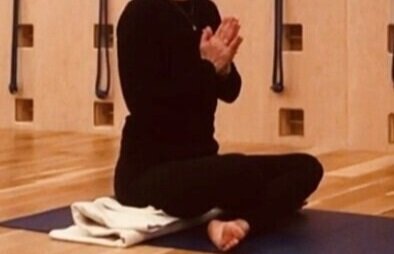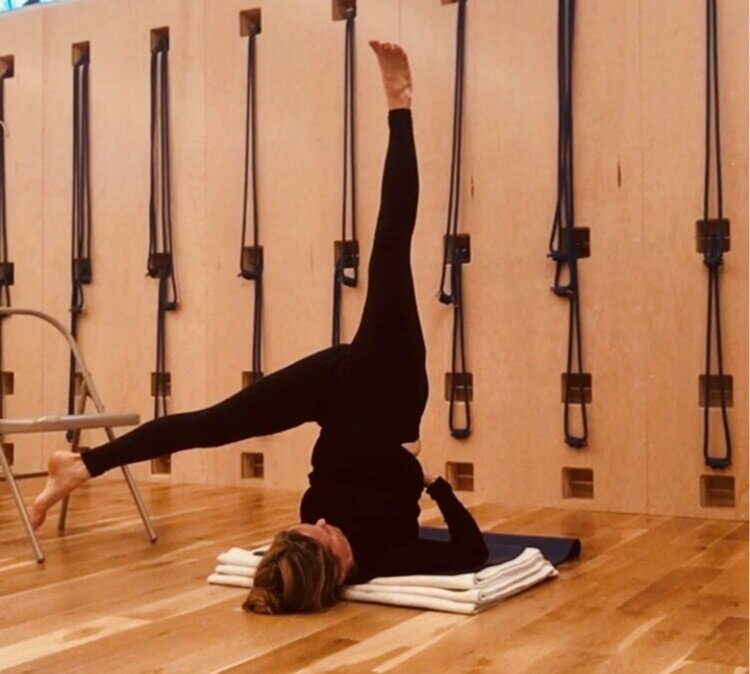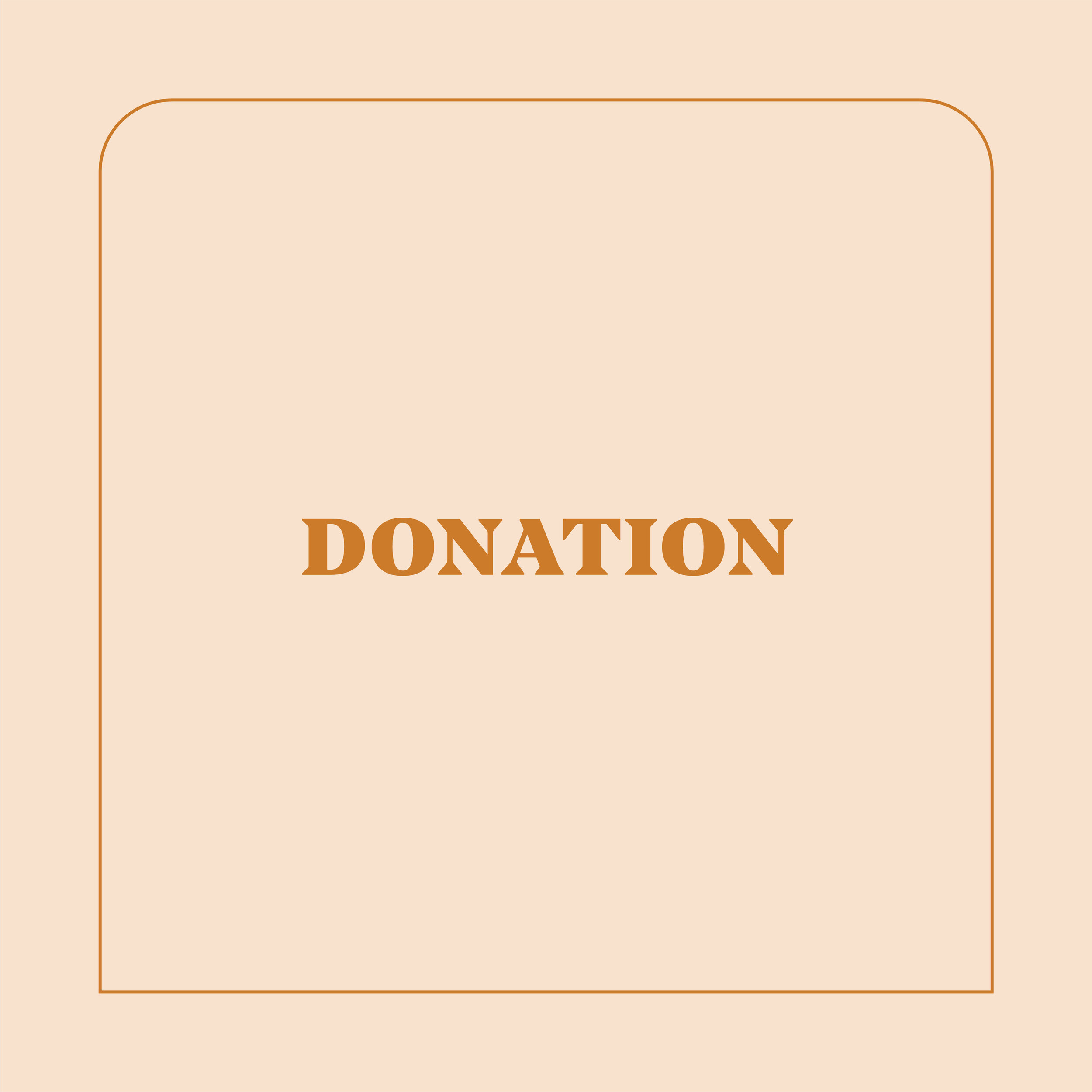Back to Basics (with audio instructions)
Well, I had a few students request that I do some small video or recording of instructions (here you go Lynn), so I am adding a small audio clip to this sequence. This is based on a very beginner level sequence, similar to what you would find in the first few sequences in the Preliminary Course by Geeta Iyengar or in the first few sequences in the back of Light on Yoga by BKS Iyengar. Both of these are excellent resources for ample sequences to follow. You will never get bored if you have these books on hand. Everyone benefits by going back to the basics and simplifying. Most Monday morning practices for me are just that. I do all of the standing postures, inversions, and staple forward bends and twists. I omit advanced postures and simply dive into the basics and do them well. The audio clips are only for one side. Play and do the right side and then either play again and do the left side, or simply go from memory. My voice does not record that well nor is it a medium I am terribly comfortable with, but since the request was made I am happy to oblige the best I can. The basic instructions are there but quite insufficient as there is always much to say about a posture. You will have to be your own prod and your memory bank will have to make up for my insufficiencies.
For my beginner students especially who might feel a little bit lost, I hope the few basic instructions offered will help prick your memory of what you learned so far so that you can build from there. I love my home practice. It is a constant in my life. I hope you are growing an affection for yours. I hope some of these posts are helping guide you but mostly I hope you are tapping smrti, your memory, and taking the precious gift of time to take you on a home practice adventure. Guruji says in his commentary on the Yoga Sutras that memory is the storehouse which we use to distill and cultivate discrimination. It is your biggest aid in practice and I hope you will listen deeply to hear what memories the body has to share with you.
Please repeat the poses several times even though my recording is brief. Play the recording once and then do on your own a few more times. Forgive the poor recording and the mousy sound in my voice. We will be back together in no time and I will be sure to make up for it!
Swastikasana (easy pose)- Sit well and either enjoy a minute in silence of join me for the invocation to Patanajali and the chant to the Guru. Tracy, this is for you.
Tadasana (standing mountaing pose) also called Samasthiti (to stand evenly pose)
Utthita Trikonasana (triangle)
Utthita Parsvakonasana (extended side angle pose)
Virabhadrasana I (warrior 1) in two stages. Not shown is stretch the arms up and joining the palms but please, you do! Maggie, Gwynne, Lisa, Carla, my Monday crew, I hope you sweet ladies are practicing.
Parsvottanasana (intense stretch one side) in two stages. Remember you can take the bricks on high or use a chair for tight hamstrings (see earlier blog from Triangle to Revolved Triangle) for more options. . .
Parivrtta Trikonasana (revolved Triangle) remember that you can use the hands in the chair and/or bring hand to the inside of the foot to begin. Repetition is key.
Ardha Chandrasana (half moon pose)
Prasarita Padottanasana (widespread feet and leg pose), notice the stages. You can place your head on a brick if it does not reach the floor.
Virasana (hero’s pose) with arms in Parvatasana (Mount Parvati) hands interlaced and upward stretched with elbows tight
Dandasana (staff pose)
Paschimottanasana (intense stretch of western side) shown in stages beginning with Padangustha in Dandasana (catching big toe in staff pose)
Paripurna Navasana (full boat pose) beginning from Dandasana. If you need modifications look at the abdominal sequence from my earlier blog, it is full of information for you.
Ardha Navasana (half boat pose)
Bharadvajasana I and II (Sage Bharadvaja pose) This pose has one leg in Virasana and one leg in Swastikasana. Take enough support under the buttock that you can sit upright evenly. You can take the bind as shown or omit. If sitting is hard, I’ve shown the pose using a chair.
*the recording does not instruct the arm clasp but those that know how, add that in as preparation for the clasp in Bharadvajasana II
Bharadvajasana II (Sage Bharadvaja II) notice how the leg is in Padmasana rather than Swastikasana, you can take the leg wider out to the side as in Siddhasana or Baddha Konasana if Padmasana is not available, or you can repeat Bharadvajasana I
Chatush Padasana (four footed pose)
Salamba Sarvangasana (supported shoulderstand) in stages from Halasana to Eka Pada Sarvangasana to the full pose. I added in one picture of Parsva Eka Pada for intermediate students to add in if you like. If you are familiar with using a belt around the elbows to help keep the arms symmetrical, use one.
Setu Bandha (supported bridge) I’ve shown a handful of options. If the back is tender, take the brick on low and when you stretch the legs out, support them on a bolster or on bricks at the wall. Advanced students, drop back from Sarvangasana. Intermediate and Continuing beginners that know how, drop back to the wall or chair.
Savasana (corpse pose)
I hope that this practice helps bring you balance and peace and a little joy as well.
Aum Peace Peace Peace
Our home practice resources are free and open to the public. If you are enjoying and using this resource and feel inspired to give, you are welcome to donate via the option below.







































